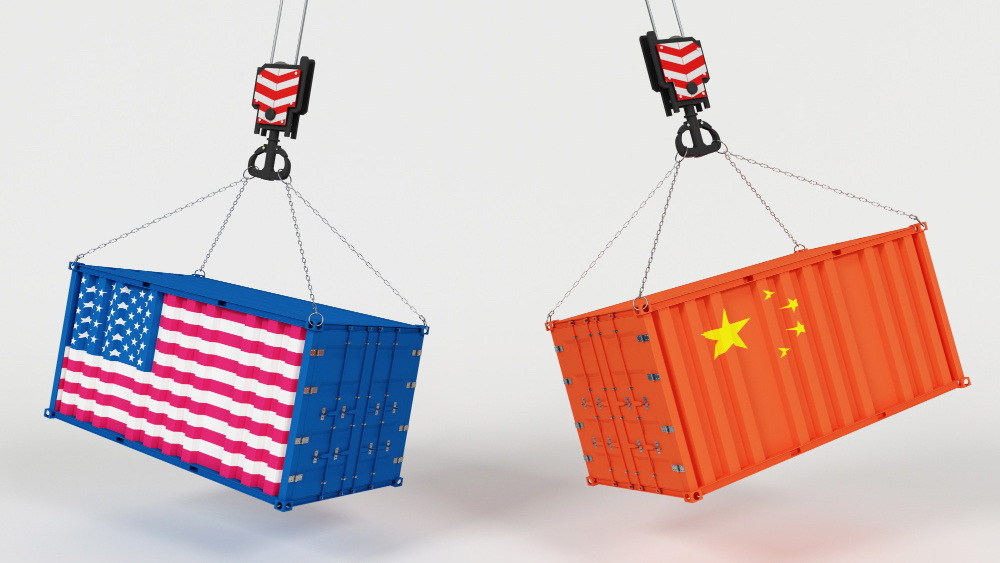WASHINGTON/BEIJING: After approximately two years of economic scuffles, the United States and China—the world’s two prime economies—are poised to revive direct trade consultations in Switzerland this weekend.
According to the latest BBC report, the high-level discussions will signify the first head-on conference between top trade bureaucrats since President Donald Trump slapped extensive tariffs on Chinese imports in January. China retorted, prompting a series of punitive actions that saw tariffs rise to 145% on Chinese products and up to 125% on some American exports. Within a setting of sweltering political pomposity and patriotic bravado, this conference proposes a rare moment of vigilant confidence.
Who blinked first? Both sides claim initiative
Despite months of threatening rhetoric and aggressive diplomacy, both Washington and Beijing now seem ready and willing to interrupt the standoff, without losing face. Political analysts propose that the timing mirrors a shared acknowledgement of the fact that negotiation is essential, not a concession.
“Neither side wants to appear to be backing down,” noted Stephen Olson, a former U.S. trade delegate. Still, the optics are deeply questioned. China claims it is responding to pleas from American industries and customers, while Trump asserts that Chinese bureaucrats are frantic due to a vacillating economy. “We can all play games,” the President said, toning down the discussion on from whom the idea of the meeting originated. “It only matters what happens in that room.”
Domestic pressures mount in Washington and Beijing
Behind the pomposity, both countries are confronted with substantial internal tensions. In China, manufacturing and services have collapsed, with factory production hitting a five-month low. Warehouses are swarming with unsold products, prompting exporters to look elsewhere aside from the U.S. market. In the meantime, the American economy constricted for the first time in three years, crashing businesses that depend on Chinese manufacturing. Toymakers and tech firms are cautious about collapsing supply chains, and the general public is frustrated by the growing inflation and escalating prices. Even President Trump recognised the tariffs’ effect, flippantly saying that children might have “two dolls instead of 30” due to an increase in prices. His sliding approval rankings imply that voters are not happy.
A diplomatic opening, but the road ahead is long
This weekend’s consultations, expectedly focusing on switching positions and creating a forthcoming agenda, are not anticipated to produce an instantaneous solution. Specialists expect a lengthy process, similar to the protracted consultations that created the inadequate “phase one” transaction in early 2020. This time, onlookers are hopeful that a “phase one deal on steroids” that might deal with more profound issues, extending from China’s industrial appropriations to geopolitical apprehensions like the fentanyl business and bonds with Moscow. Nevertheless, no one expects speedy outcomes. “The systemic frictions will not be solved any time soon,” Olson warns. At best, Geneva may offer gracious and civil speeches and a delicate pledge to keep the discussions on a continuing basis.

